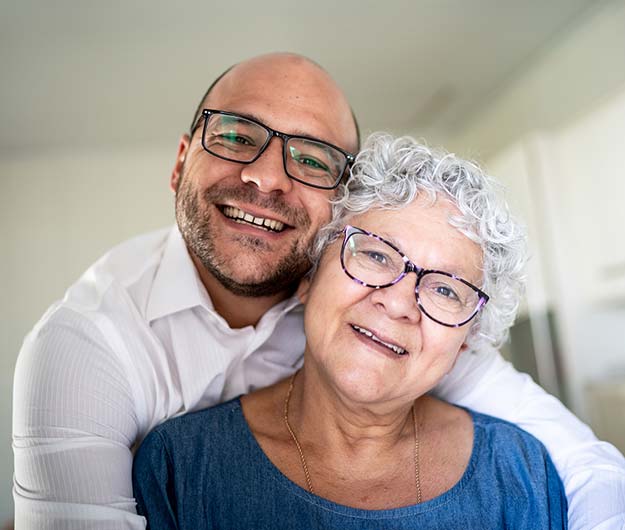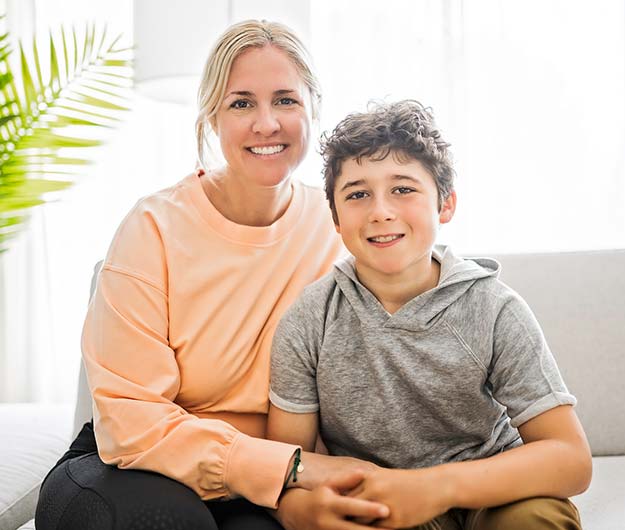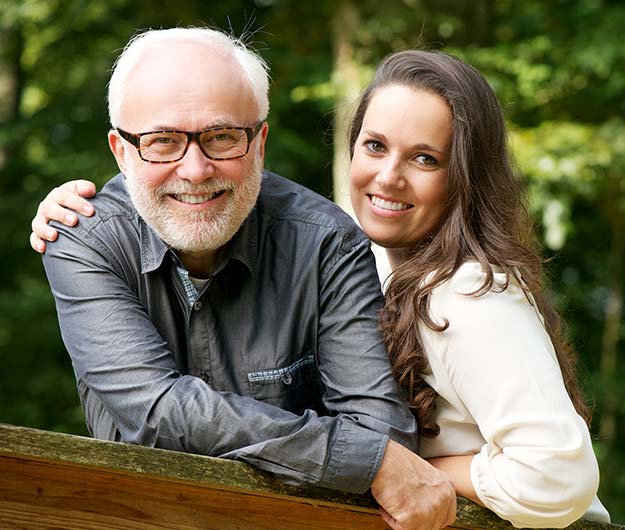© 2025 HearingLife. All rights reserved.
*The purpose of this hearing assessment and/or demonstration is for hearing wellness and to determine if the consumer may benefit from using hearing aids, which may include selling and fitting hearing aids. Products demonstrated may differ from products sold. Assessment conclusion is not a medical diagnosis and further testing may be required to diagnose hearing loss. The use of any hearing aid may not fully restore normal hearing and does not prevent future hearing loss. Hearing instruments may not meet the needs of all hearing-impaired individuals. One offer per consumer and offer cannot be combined with any of our promotional offers, coupons or discounts. Offer not available to any consumer who has private or federal health insurance coverage. Other terms may apply, see office for details. Please note: Complimentary hearing assessment is not valid at these locations.
**30-Day Risk-Free Trial begins at the date of purchase. If you are not completely satisfied, you can return it within 30 days for a full refund or exchange, varies by state. Hearing aid must be returned in the same condition as received, ordinary wear and tear excluded. See office for complete details and restrictions. Other exclusions may apply. This offer is available at most HearingLife offices. Check with your local provider. Down payment may be required.
++Loss & Damage: Warranty for Ultimate, Premium and Advanced hearing devices is 1 year for loss and replacement and 3 years for repairs; for Basic hearing aids, loss and replacement is 1 year and repairs for 3 years; for Essential hearing aids, loss and replacement and repairs for 1 year; fees and other exclusions may apply.
Privacy Policy | HearingLife, 580 Howard Ave., Somerset, NJ 08873














